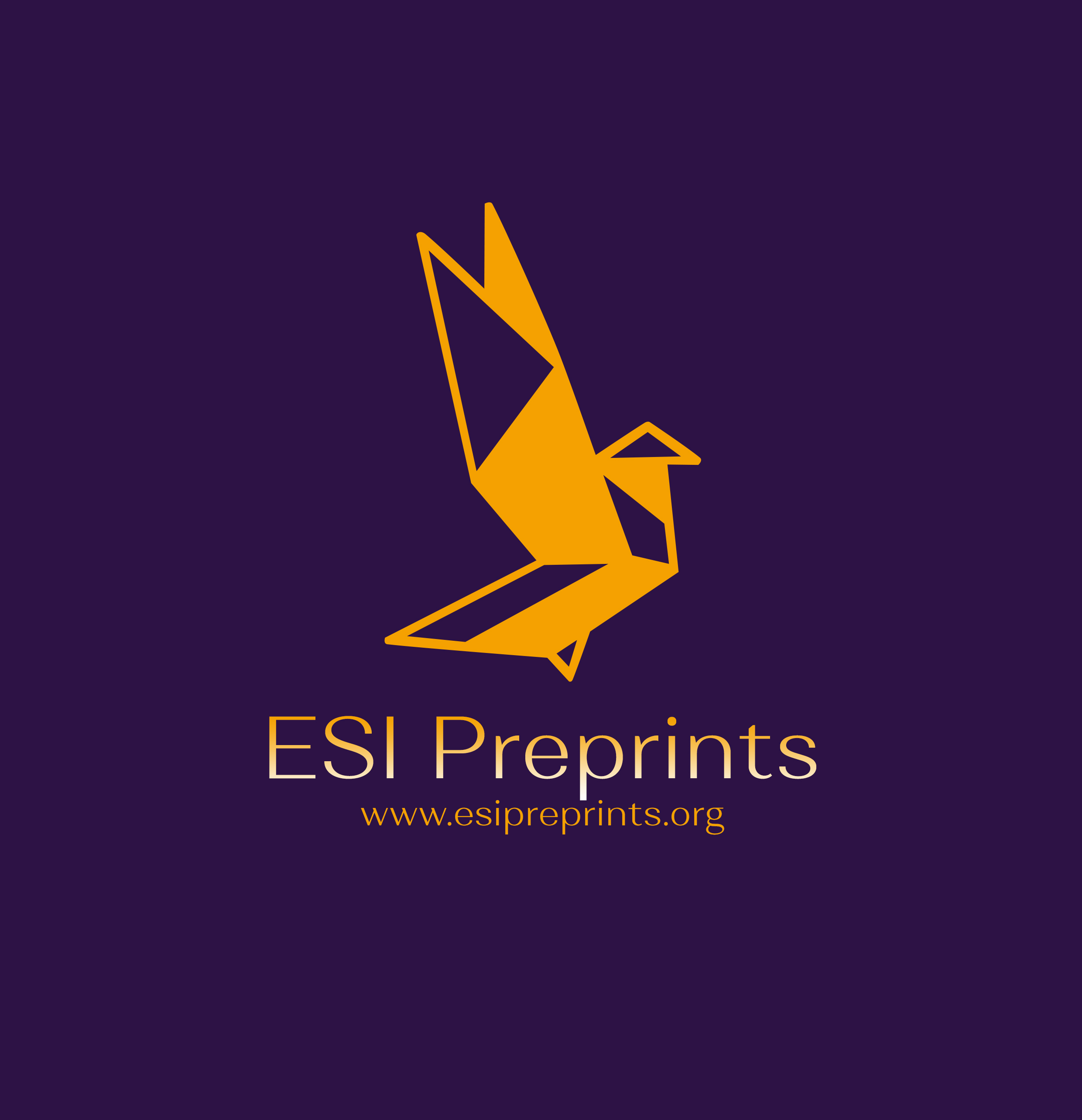An Assessment of Indigenous Beliefs and Practices of Alternative Medicine by Its Users in Nde Division, Cameroon
Abstract
This study examines the role of indigenous beliefs and practices in shaping healthcare choices in Cameroon's Nde Division, where alternative medicine is deeply rooted in cultural and spiritual traditions. A mixed-methods approach combining surveys and interviews revealed that 80% of participants believe in the efficacy of indigenous healing traditions, with 70% using alternative medicine due to cultural and spiritual beliefs. Economic, social, cultural, and individual factors influence the adoption of alternative healing methods, with users relying on natural remedies and spiritual practices passed down through generations. However, concerns around safety and efficacy highlight the need for education, regulation, and integration with conventional healthcare. This research underscores the importance of cultural sensitivity and inclusivity in healthcare delivery, emphasizing the need for healthcare providers to consider the cultural nuances and values of this community. By understanding the cultural and spiritual beliefs underlying patients' choices, healthcare providers can promote more effective and respectful care.
Downloads
References
2. Agbor, A. M., & Naidoo, S. (2011). Knowledge and practice of traditional healers in oral health in the Bui Division, Cameroon. Journal of Ethnobiology and Ethnomedicine, 7(6).
3. Asase, A., Akwetey, G. A., Achel, D. G., & Bugyei, K. (2019). Ethnopharmacological use of herbal remedies for the treatment of malaria in the Dangme West District of Ghana. Journal of Intercultural Ethnopharmacology, 2(2), 2.
4. Asonganyi, T. (2013). Relationship between Conventional and Alternative medicine in Cameroon. HEALTH SCIENCES AND DISEASE, 12(2).
5. Bell, J. M., & Wright, L. M. (2015). The Illness Beliefs Model: advancing practice knowledge about illness beliefs, family healing, and family interventions. Journal of Family Nursing, 21(2), 179-185.
6. Fokunang, C. N., et al. (2011). Traditional medicine: Past, present and future research and development prospects and integration in the national health system of Cameroon. African Journal of Traditional, Complementary and Alternative Medicines, 8(3 Suppl), 284-295.
7. Foncham, P. B. (2022). Indigenous Cultural Beliefs and Health-Seeking Behaviours of the Mbororo Community in Mezam Division of North West Cameroon. International Journal of Trend in Scientific Research and Development, 6(5), 1232-1238.
8. Gyasi, R., & Phillips, D., & Amoah, P. (2020). Multidimensional Social Support and Health Services Utilisation Among Noninstitutionalized Older Persons in Ghana. Journal of Aging and Health, 32.
9. Hunter, E., et al. (2016). The epilepsy treatment gap in rural Tanzania: A community-based study in adults. Seizure, 36.
10. Isaac, G., et al. (2018). Native American Perspectives on Health and Traditional Ecological Knowledge. Environmental Health Perspectives, 126(12), 125002.
11. Kabir, M., et al. (2004). Perception and beliefs about mental illness among adults in Karfi village, northern Nigeria. BMC International Health and Human Rights, 4(1), 3.
12. Kuete, V., & Efferth, T. (2010). Cameroonian medicinal plants: pharmacology and derived natural products. Frontiers in Pharmacology, 1, 123.
13. Liddell, C., et al. (2005). Indigenous representations of illness and AIDS in Sub-Saharan Africa. Social Science & Medicine, 60(4), 691-700.
14. Lizama, T. A. (2010). How Are Traditional Chamoru Healing Practices Being Perpetuated And Preserved In Modern Guam: A Phenomenological Study. Capella University.
15. Makoge, V., et al. (2017). Health-seeking behavior towards poverty-related disease (PRDs): A qualitative study of people living in camps and on campuses in Cameroon. PLOS Neglected Tropical Diseases, 11(1), 1-18.
16. Mander, M., et al. (2007). Economics of the Alternative Medicine Trade in South Africa: Health Care Delivery. South African Health Review.
17. Mahomoodally, M. F. (2013). Traditional medicines in Africa: an appraisal of ten potent African medicinal plants. Evidence-Based Complementary and Alternative Medicine, 2013.
18. Mokgobi, M. G. (2014). Understanding traditional African healing. African Journal for Physical Health Education, Recreation, and Dance, 20(Suppl 2), 24–34.
19. Namboze, J. M. (1983). Health and culture in an African society. Social Science & Medicine, 17(24).
20. Ngarac, F. W. (2014). Applying Pierre Bourdieu’s concepts of habitus and field to the study of ethnicity in Kenya. Journal of Language, Technology & Entrepreneurship in Africa, 5(1).
21. Ntembe, A., Tawah, R., & Faux, E. (2021). Redistributive effects of health care out-of-pocket payments in Cameroon. International Journal of Equity Health, 20, 227.
22. Olagbemide, O. J., et al. (2021). Family support and medication adherence among adult type 2 diabetes: Any meeting point? Annals of African Medicine, 20(4).
23. Ozioma, J., Ezekwesili-Ofili, J., & Okaka, A. N. C. (2019). Herbal Medicines in Alternative Medicine. Herbal Medicine, IntechOpen.
24. Scambler, G. (2015). Sociological Theorists: Pierre Bourdieu. (link unavailable)
25. Tuncel, T., et al. (2014). Use of complementary and alternative medicine in children who have no chronic disease. Turkish Pediatrics Archive, 49(2), 148-153.
26. World Health Organization. (2013). Traditional medicine strategy 2014-2023. Geneva, Switzerland: World Health Organization. Retrieved from https://www.who.int/publications/i/item/traditional-medicine-strategy-2014-2023.
27. WHO (2008). Fact sheet N° 134. WHO, http://www.who.int/mediacentre/ factsheets/2003/fs134/en/
Copyright (c) 2024 Dremoh Ndeloa

This work is licensed under a Creative Commons Attribution 4.0 International License.








